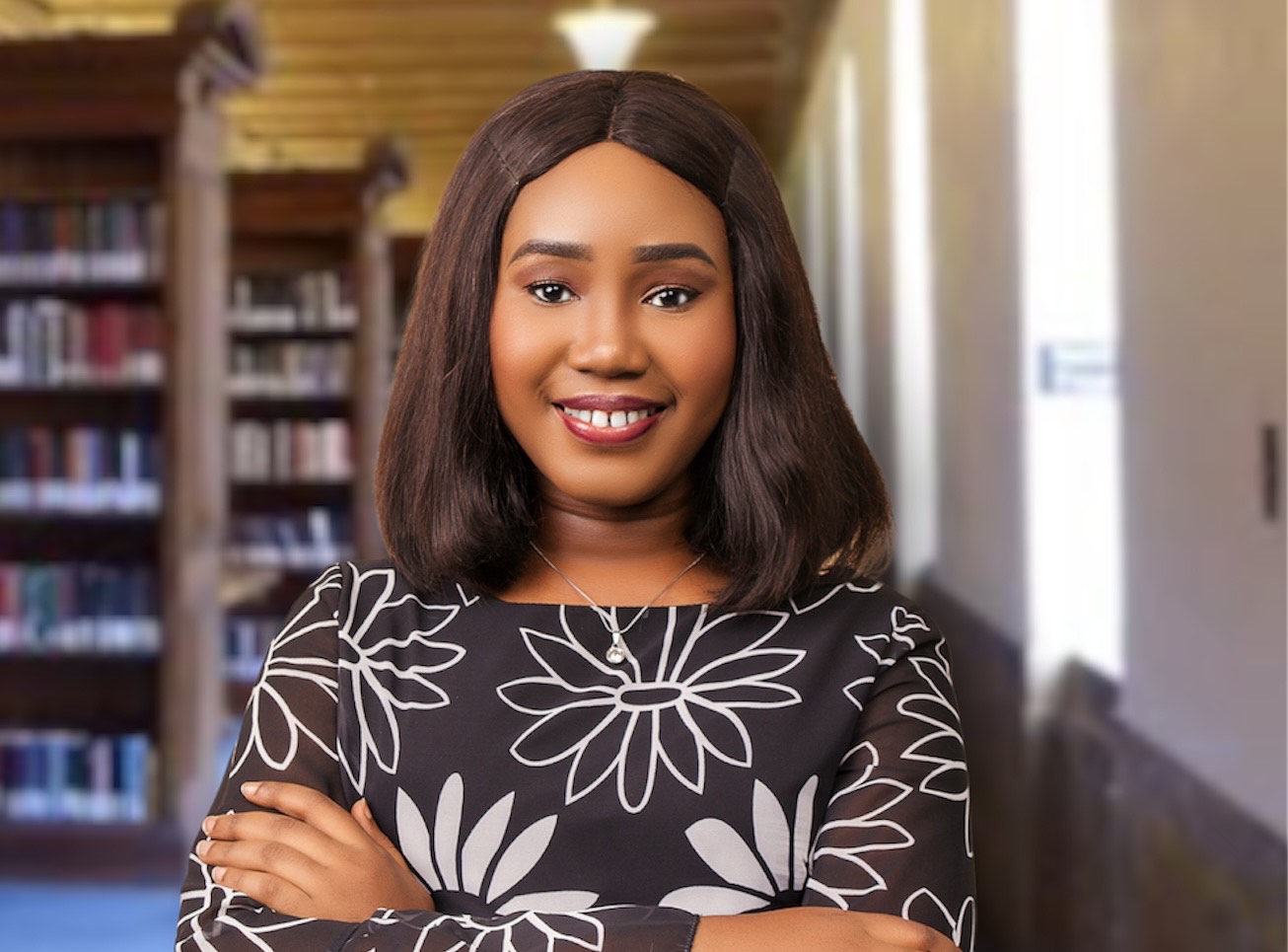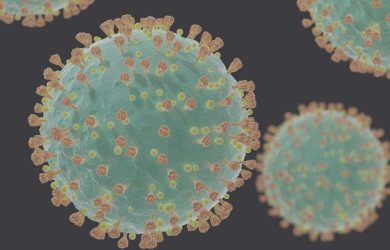
Scholar-Elect Paula-Peace James-Okoro on her research into gut hormones and how it can help tackle rising obesity in Africa.
I hope to contribute to the development of biomedical infrastructure that can alleviate the burden of metabolic diseases in Africa.
Paula-Peace James-Okoro
When she left school, Paula-Peace James-Okoro [2022] intended to become a medical doctor, but after starting a degree in Biochemistry she discovered a passion for the subject and for using it to address one of the major health challenges facing Africa – obesity.
She says: “In Africa, the rates of metabolic diseases, like obesity and diabetes, are rising alarmingly with sub-minimal health research output and public policy efforts.”
For her PhD, which she begins in the autumn, she will study the mechanisms by which gut hormones control body weight and blood sugar levels and will aim to develop treatments that modulate gut hormone signalling, which she says presents a promising therapeutic avenue to tackling the obesity epidemic.
She adds: “I hope to contribute to the development of biomedical infrastructure that can alleviate the burden of metabolic diseases in Africa.”
Childhood and undergraduate degree
Born in Lagos, Nigeria, Paula says she gets her determination from her parents. Although her father studied microbiology, he now runs a clothing line while her mother works in the male-dominated world of logistics. Paula, who has a younger sister, was a very studious child who always put a lot of effort into her schoolwork and was top of her class at primary and secondary school.
At secondary school, which she graduated from with a distinction, she was also a health prefect in her final year and took part in several competitions, excelling in science competitions. Although she was an all-rounder, she was especially drawn to science, particularly Biology and Chemistry, and decided she wanted to study medicine at university. However, she was keen to study overseas after completing a degree at home. So, she applied to study Biochemistry at Covenant University in Ogun State which was in a similar field. However, she soon discovered that she really loved Biochemistry and has not looked back since.
Her four-year course ran from 2016 to 2020. During that time, Paula did research internships at the Nigerian Institute of Medical Research in 2017 and 2019, working on a number of public health projects on topics ranging from malaria and the use of traditional medicines to treat common ailments to metabolic issues linked to obesity. In her fourth year, after working at the institute on metabolic issues over the summer, she carried out an undergraduate seminar presentation that focused on the interplay between biological processes and lifestyle in the pathophysiology of metabolic diseases, and this was when she developed a keen interest in metabolic diseases. She also realised how much less attention was given to diabetes and obesity research than to infectious diseases despite the growing prevalence of the problem in Nigeria. Paula says the research done on African populations is insufficient or is based mainly on Western models. She wants to change that.
At university, she also became involved in a number of voluntary projects, including a medical outreach programme offering students free check-ups and advice about good health practices. She mentored female science undergraduate juniors, helping them with creating and achieving their academic goals, and says she would love to continue this work at Cambridge.
Because of Covid, Paula’s graduation was delayed. She was meant to finish her degree in May 2020, but didn’t do so until November 2020. Her graduation ceremony was not held until May 2021. She graduated from her bachelor’s program as the valedictorian and overall best student with a CGPA of 4.98 out of 5.00.
Voluntary work and research
After graduation, Paula continued her efforts to provide pragmatic solutions to societal problems and improve the health and lives of others. She took part in a research project which looked at the clinical progression of Covid-19 in Lagos state. That work has since been published. Paula also volunteered on a community development programme that involved going to remote areas to raise awareness about health challenges and ensure that residents’ health needs were met, for instance, through the distribution of mosquito nets.
As a passionate coach and community enthusiast, she also began voluntary work on the Sustainable Development Goals at schools which involves mentoring young students and giving talks about issues such as child and drug abuse as well as academic subjects like maths and science. She is continuing this work now and says: “I am very passionate about passing on my knowledge.”
Paula also took the time to read more widely on research into the role of gut hormones in obesity and diabetes and she became fascinated about the viability of targeting these hormonal pathways to treat metabolic diseases. She knew she wanted a career in biomedical research and to address some of the major health challenges in Africa. It was this that led her to apply to Cambridge for her PhD. Reading about the work of Professor Fiona Gribble and Dr Frank Reimann at the University of Cambridge on gut hormones further spurred her to pursue a PhD degree in Clinical Biochemistry at the University of Cambridge. She contacted them before applying in late 2021.
PhD research
Paula’s PhD will investigate the molecular mechanisms underlying the release of gut hormones and their actions on target tissues and how these control food intake, in particular the role of the glucose-dependent insulinotropic peptide, a hormone produced by the small intestine in response to eating food. Its main action is to regulate appetite and encourage the release of insulin into the bloodstream to control blood sugar levels. Paula says this has been less studied than other gut hormones and could help scientists to understand better how gut hormones can be exploited to treat obesity and diabetes.
She is looking forward to coming to the UK – it will be her first trip outside Nigeria – and to joining the Gates Cambridge community. She says: “It’s a really exciting opportunity. I researched the scholarship programme and its different criteria before applying and they are a very good fit for me. I look forward to learning from and contributing to the highly talented and vibrant international Gates Cambridge community.”












